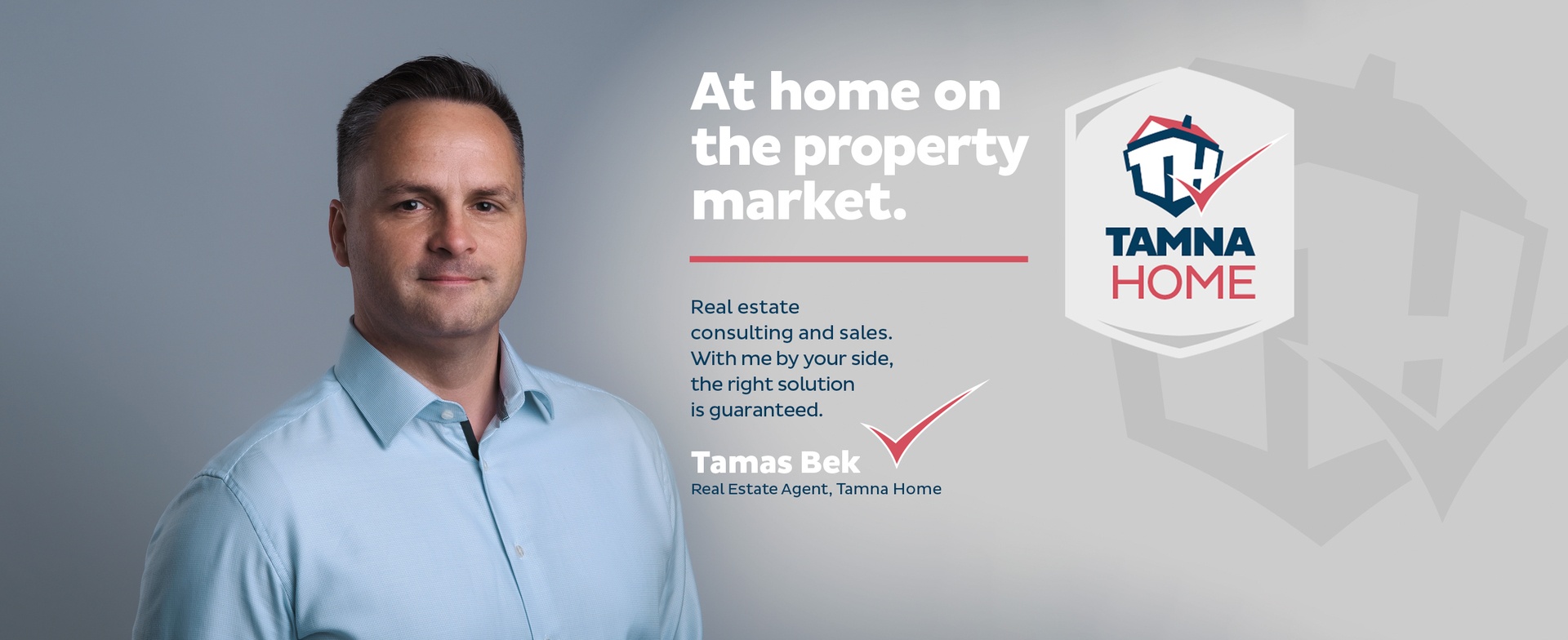Real Estate Financing and State Subsidies: What Can a First-Time Homebuyer Expect?
Buying your first home is exciting but financially challenging. Choosing the right financing and understanding state subsidies are key to making the purchase safe, predictable, and cost-effective.
1. Bank loan options
Most first-time buyers rely on bank loans. The main types are:
Mortgage loan: Long-term loans with fixed or variable interest rates, using the property as collateral.
Mortgage combined with CSOK subsidy: A mix of state support and discounted loan interest.
It’s essential to consider the interest rate, term, monthly payments, and additional costs to ensure affordability.
2. State subsidies and benefits
In Hungary, several state programs support first-time buyers:
CSOK (Family Housing Allowance): Non-repayable subsidy depending on the number of children.
„Babaváró” support: Loan or grant specifically for young families.
Subsidized mortgage interest rates: In certain programs, the state covers part of the interest.
These programs can significantly reduce costs but come with strict eligibility criteria and conditions.
3. Savings and own contribution
In addition to loans and subsidies, personal savings (down payment) are always required:
Typically 10–20% of the purchase price, sometimes more.
A higher down payment lowers the loan amount, reducing monthly payments and overall interest costs.
4. Risks and conscious planning
Before buying your first property, it’s wise to:
Prepare a monthly budget to ensure affordability,
Compare multiple bank offers,
Have the property legally checked, to avoid hidden liabilities or disputes.
This minimizes risks and helps ensure a smooth process.
5. Conclusion
For first-time buyers, choosing the right loan, leveraging state subsidies, and securing sufficient savings are all critical. With careful financial planning, bank comparisons, and professional advice, the first property purchase can be secure, advantageous, and sustainable in the long term.
Back to the previous page!




